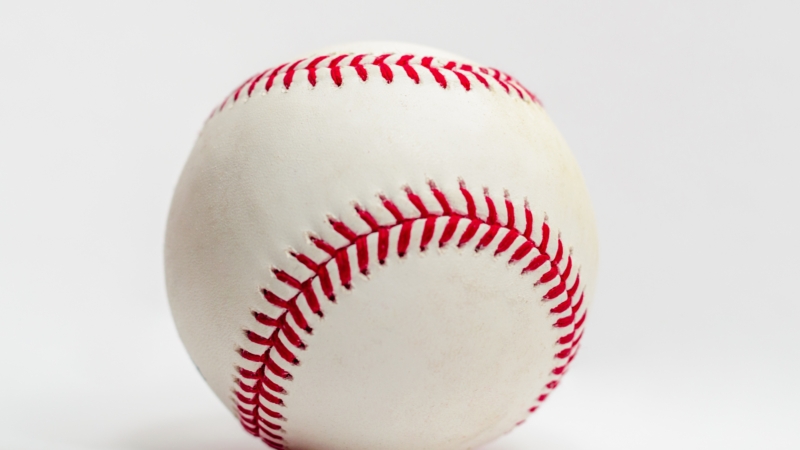Baseball’s First Superstar
Before Ty Cobb, Joe DiMaggio, Ted Williams, and Babe Ruth, a Woonsocket man who many consider Baseball’s first true superstar dominated the game.
Napoleon LaJoie, who played from 1896 to 1915, was a phenomenon that drew big crowds like no other player, said Gregg Rubano, author of In Ty Cobb’s Shadow: The Story of Napolean Lajoie, Baseball’s First Superstar.”
Largely forgotten today, Lajoie “kept the turnstiles turning,” says Rubano. Even people who weren’t baseball fans bought tickets to see this superstar play. And with reason. The 6’ 1’ second baseman racked up a batting average of .422 in 1901, a year when the league average was .275. Lajoie , who won the triple crown that year, played in the “dead ball” era, when the balls were much heavier than the baseballs made in the 1920s and beyond.
LaJoie terrorized opposing players every time he stepped up to the plate. Known for his strength, he often hit the ball so hard that fielders would suffer from the pain of catching one of his line drives. Occasionally, he would hit the ball hard enough to tear off it’s cover.
Hall of fame pitcher Cy Young once said “He’d take your leg off with a line drive, turn the third baseman around like a swinging door and powder the hand of the left fielder.”
Rubano says Lajoie almost single-handily gave Professional Baseball’s fledgling American league legitimacy as a rival to the established National League. “They needed a superstar, and they found one in Lajoie,” he says.
Over the past two decades Rubano has done much to educate the public on LaJoie, who was born in Woonsocket to a large French-Canadian family in 1874. He’s had some success: he arranged for a temporary exhibit dedicated to Lajoie in Woonsocket’s museum of Work and Culture, he convinced the Boston Red Sox to hold a “Lajoie night” at Fenway park, and worked with city officials to name a baseball park after the legendary native son.
The baseball historian dreams of the day when a statue commemorating Lajoie stands proud somewhere in Woonsocket. Rubano this Spring will meet with the mayor and other officials to discus what they can do to make his dream become reality.
Rubano also wrote Freedom between the Lines: Baseball and the Native American Boarding School Experience, a children’s book about the life of Charles Albert Bender, the only Native American to be inducted into Baseball’s Hall of Fame, and another children’s book, Before the Babe, the Emperor: Napoleon Lajoie.



